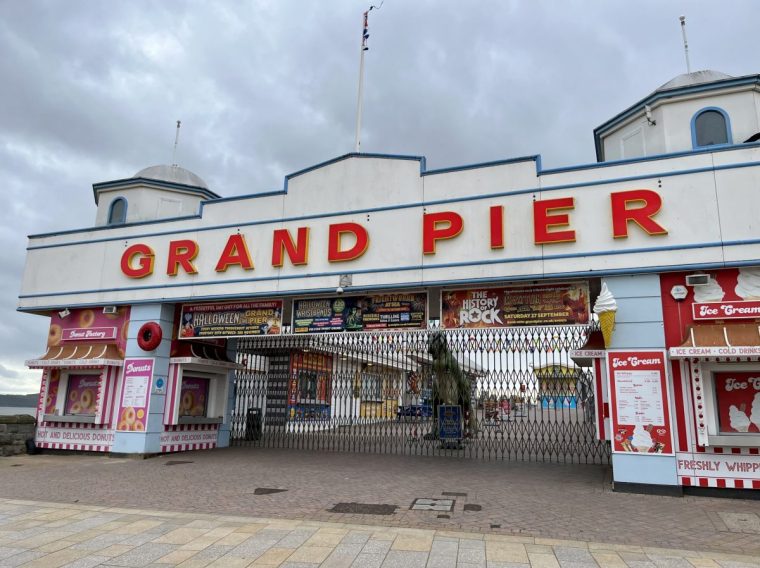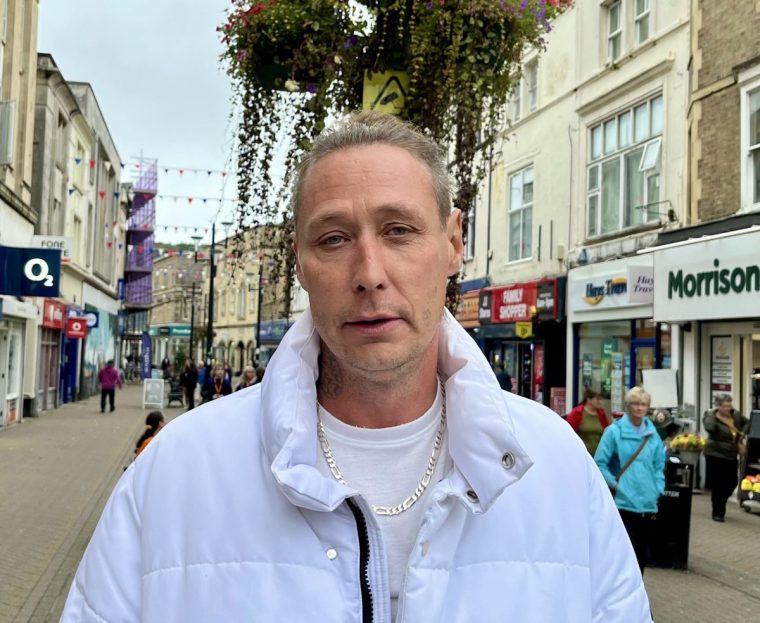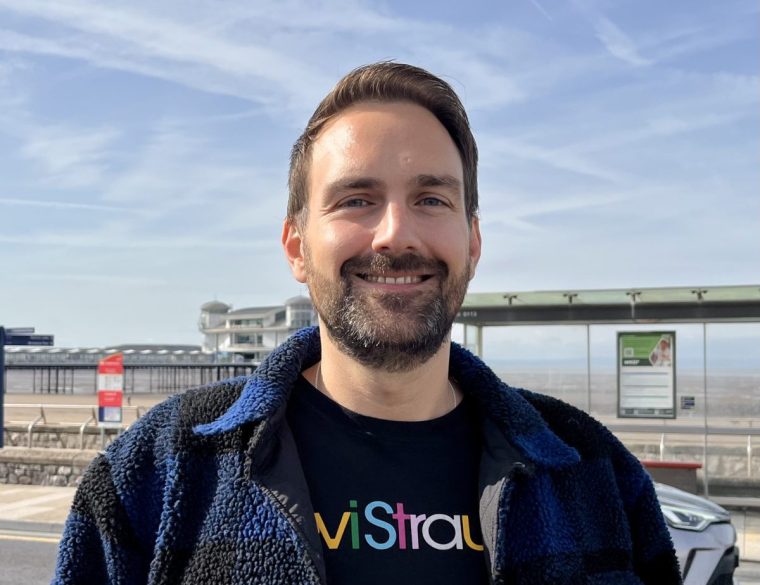WESTON-SUPER-MARE – Bob and Susie Lawrence chuckle that there’s plenty of stuff they don’t agree on. Their opinions about Donald Trump and his recent UK visit are no exception.
Bob, 74, who works at the railway station, is impressed by the President’s single-mindedness and believes he has done a lot for America. He’d like to be able to vote for someone like him in Britain.
His wife, 69, who is retired, would not. She thinks it is nothing less than embarrassing that the UK government had to so publicly “stroke his ego” in order to secure a series of investments.
She cannot imagine someone like Trump being elected here. Why not? “We’re too British to have him,” she says.
Weston-super-Mare is known for many things: its countless fish and chips restaurants, a pier first built in 1904 that was destroyed by fire in 2003 but quickly rebuilt, and affordable seaside fun. In places, the town of 80,000 can feel scruffy.
In 2016 Weston, voted 57-43 in favour of Brexit, a result similar to neighbouring constituencies such as Bridgewater, Wells and North East Somerset. Yet last year it made political history when it elected its first ever Labour MP, ending centuries of dominance by the Conservatives.
A foreign correspondent in Weston
Weston is the birthplace of celebrities like comedian John Cleese, guitarist Ritchie Blackmore and actors Con O’Neill and Rupert Graves. I’m among the many non-celebrities born here.

Though I left after university, I return annually. As a foreign correspondent who has spent more than 20 years working in the US, most recently based in Seattle, it was a coincidence that my most recent trip to the UK coincided with Trump’s state visit.
A few days earlier, far-right activist Tommy Robinson gathered 110,000 people to march through London for a “Unite the Kingdom” rally, intended to push back further on immigration. It was addressed by Elon Musk who said: “Violence is coming. You either fight back or you die.”
I’ve covered four presidential elections, visited each of America’s 50 states and attended numerous Trump rallies. There is much to admire about the country. Yet there is no other nation where gun violence goes so unchallenged, its top court is made up of people chosen for their political beliefs and where a person can lose the popular vote and still become President.
Trump’s second term has seen him entirely run roughshod over historical precedent and push at every opportunity to expand his power. He has also spearheaded attacks on colleges, companies, individuals and law firms who stand up to him.
Could this type of reductionist politics be set to take hold in Britain, and in places like Weston?
Views on Farage
I got some sort of insight after collecting my rental car at Heathrow and, heading west, spotted the flag of St George – England’s banner which has been seized by many on the right – flying from bridges as I drove down the M4.
Among Weston residents, opinions about Nigel Farage and his Reform UK party were mixed. On the High Street I spoke to Justin Quye, 49, a drama teacher, who said he had little time for any politicians.

Nevertheless, he thought Farage was the only person who could stop the illegal boat crossings that have so stridently driven the national political debate
Katie, a 43-year-old studying therapy, said Farage had been able to dominate the debate because people failed to challenge him with the facts.
“I’m very concerned people are now looking at Nigel Farage. I would say he’s very similar to [Trump],” said Katie, who asked to just use her first name. “He’s very good at saying what people want to hear but there’s no substance behind it.”
Americanised UK politics
Many think Britain’s politics has already become more Americanised.
Among those who share that view is Dan Aldridge, the town’s MP. He says politicians such as Boris Johnson proved that someone could be successful simply by saying what made people feel better.
On the issue of immigration, Aldridge voted for the Border Security, Asylum and Immigration Bill, which aims to enhance border security and earlier this year he praised the government’s efforts to deport more than 24,000 illegal immigrants in nine months.

He rejects the idea Labour has been pushed to the right by Reform. “People absolutely feel it’s an issue. It is not my duty to sanitise what people tell me,” he says, over coffee in a seafront hotel. “I’m their voice in Westminster.”
Aldridge says people are concerned about immigration, but are often confused about the differences between legal and illegal immigration.
What does he think of the way that Trump was treated by Sir Kier Starmer and the reception he received by King Charles, a welcome intended to flatter Trump which some said went over the top?
“People invoke Love Actually as an idea of what we should be doing with Hugh Grant standing up to [a US president],” he says. “That’s all well and good for a romcom but [not] the serious business of keeping the country safe.”
Aldridge says there are things Trump says that he doesn’t like, “but the single most important thing for our country, whether people like it or not, is the transatlantic relationship”.
Oliver Louis, chairman of the Weston branch of Reform UK, also believes British politics has become closer to US politics. “It’s more presidential,” he says. “Now it’s a lot more about the person.”
While Reform UK came third in the election here last year, its candidate secured the largest increase in the share of the vote. Louis says he believes Reform will win in Weston next time and rejects suggestions Farage is stirring up people’s worst instincts. “Immigration is number one of the public’s concerns and it should be dealt with appropriately,” he adds.
When I am in the US, the invariably cutthroat nature of its politics can feel far removed from what we have in Britain. Back home, and seeing things up close, it doesn’t seem so very different.
I’m not sure what to make of that. But it does not make me happy.
